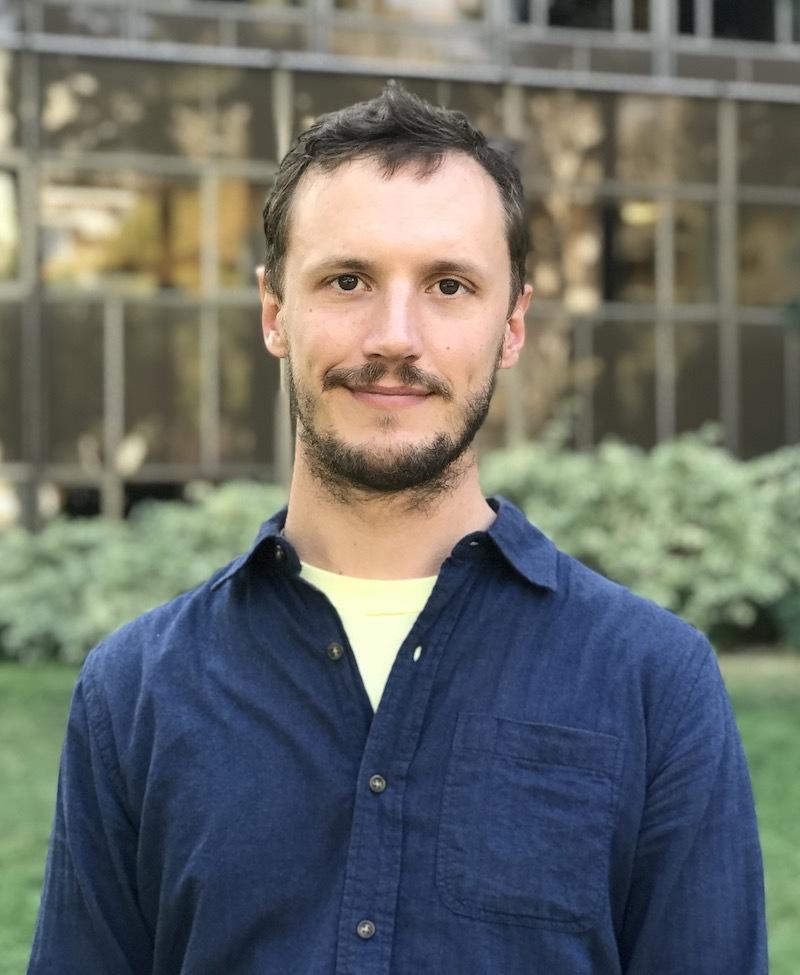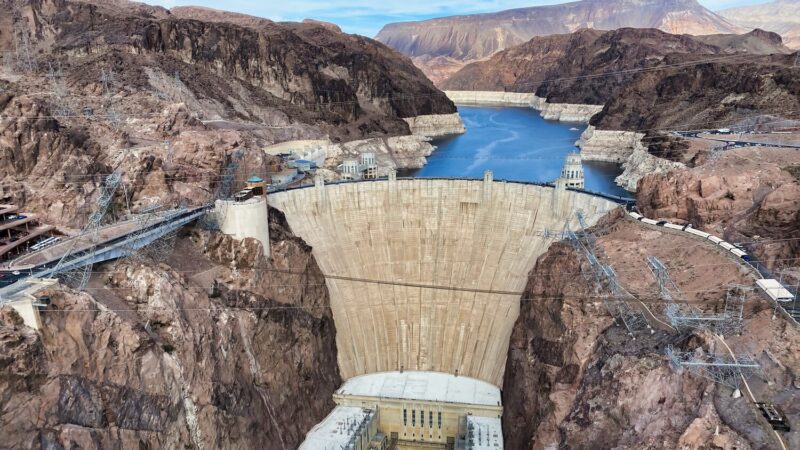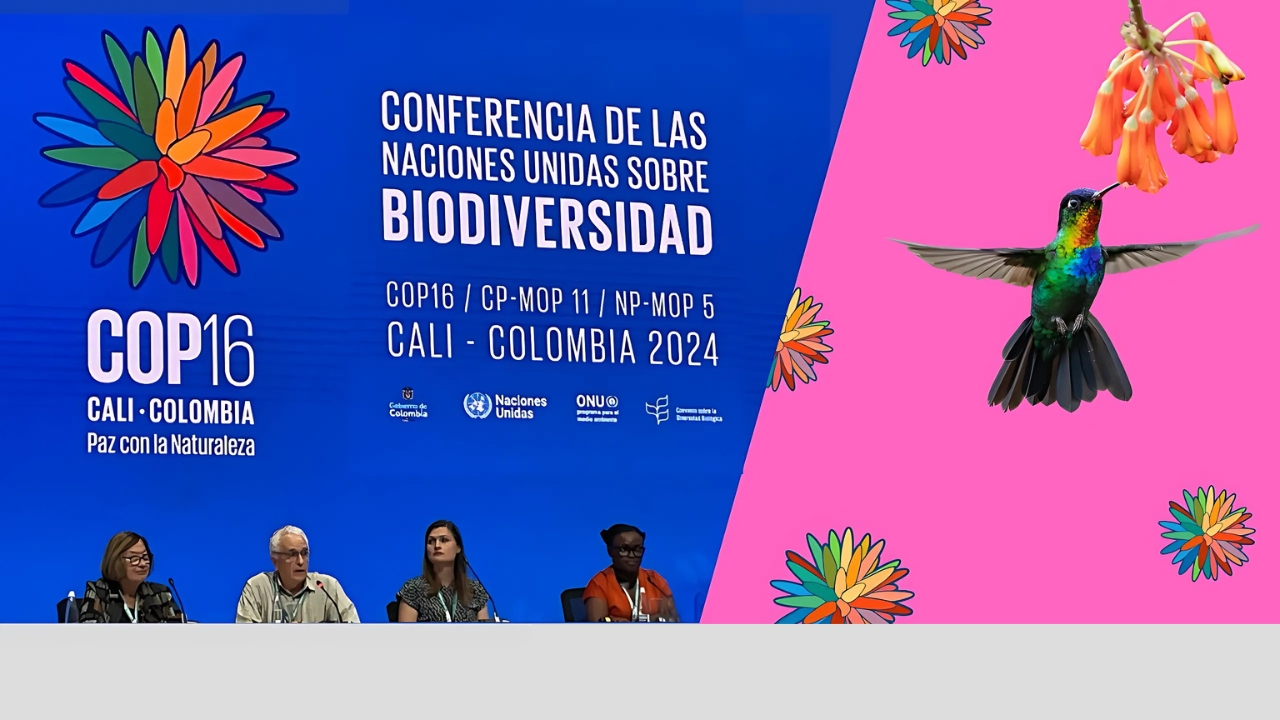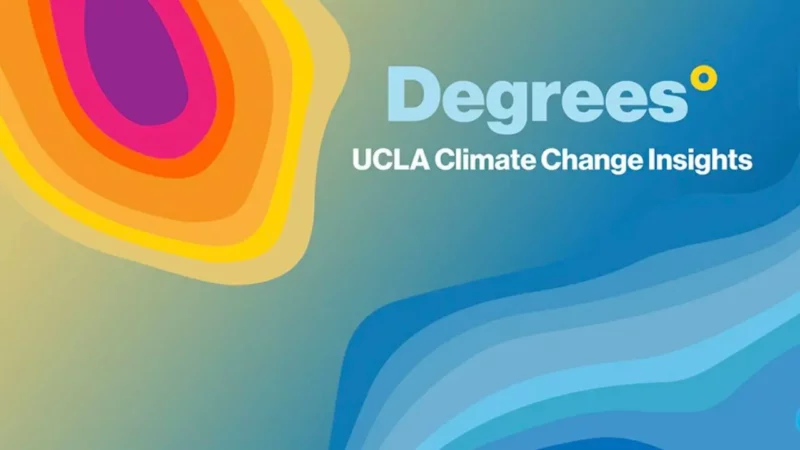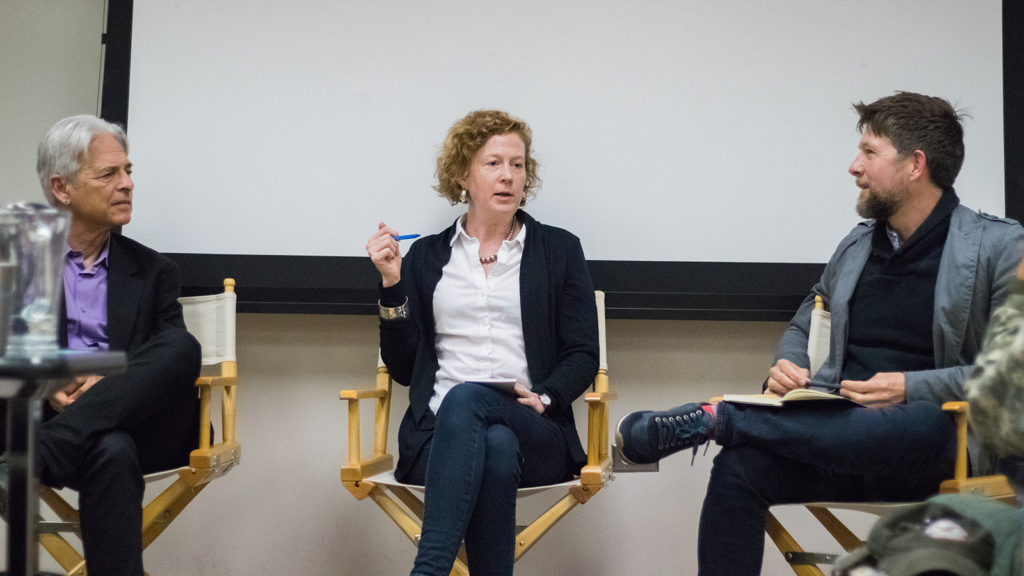
On the environment, is humanity a victim of its own success?
A recent panel discussion explored society’s capacity to respond to environmental concerns in the modern era.
The ability of humanity to control and manipulate nature has created a paradox: it has made us both powerful and powerless.
That situation was one focus of a recent panel discussion at UCLA. Three experts explored new ways to think deeply about democratic politics, law and ethics in the Anthropocene — a proposed new epoch in Earth’s history defined by humans’ influence on the global environment.
The panel, which included environmental philosophy professor Dale Jamieson, law professor Jedediah Purdy and writer Emma Marris, raised a concern that as humans have dominated nature, our ability to determine our own fate has diminished.
Perhaps the clearest example of this, Jamieson said, is how advances in fossil fuels have led to potential climate catastrophes that the global community is struggling to address.
Vulnerabilities in modern democracies amplify that effect, he added. Tribalism, administrative incompetence and veto players—political actors with the ability to negate popular choices—hamper our ability to act decisively.
“Political dysfunction in one country can lead to a global dysfunctional system,” Jamieson said.
Jedediah Purdy expanded on the concern. As he sees it, scientists may add to the dysfunction. Though such experts are skilled at laying out steps on how to transition to a sustainable future, no one group is large or powerful enough to act on those recommendations, he said. Thus, their appeal to the public and decision makers is both “cogent and nonsensical.” Another paradox.
Purdy also took on tech heroes like Elon Musk. Musk gained popularity by tapping into the hope of people who see him as a leader in today’s technologically advancing world, he said — his supporters see him as a person who can figure out a hack that will get us out of our environmental mess.
Purdy isn’t sure that’s the case. Rejecting the idea that the problem is unique to our time, he drew a parallel to Homer’s Odyssey, the 2,800-year-old epic Greek poem. “To be saved by a hack is pretty much what those Greek heroes could hope for — that some capricious god would tweak the roles on their behalf.”
Themes of discord led to harmony among the panelists, but some members of the audience said that line of thinking is unproductive. During a question-and-answer session moderated by Emma Marris, they pushed back against the idea that humanity is powerless.
“I really struggled on whether there are any implications for actions,” UCLA visiting professor Thomas P. Lyon said. “Is this actually a useful direction of intellectual inquiry?”
“What would you have liked us to tell you?” Jamieson pressed back.
“Well, something actionable,” Lyon replied.
The exchange continued for several rounds with neither side budging, but ended in laughs as Jamieson quipped “Buy a Prius! Are you happy?”
The discussion, held at the Fowler Museum, was co-hosted by UCLA’s Fielding School of Public Health, School of Law and Institute of the Environment and Sustainability. Stephanie Pincetl, director of the California Center for Sustainable Communities and an event organizer, said conversations like these may be grim, but are important.
“While the situation is certainly urgent, and for some nations probably dire, we need to better understand how we have gotten where we are today – social, cultural, historical, economic and political factors,” Pincetl said. “That is complicated and requires reflection and unpacking for us to best be effective.”
TOP IMAGE: Environmental philosophy professor Dale Jamieson, writer Emma Marrislaw professor and Jedediah Purdy on Feb. 22, 2018. Photo by Kaitlyn DeShon.

